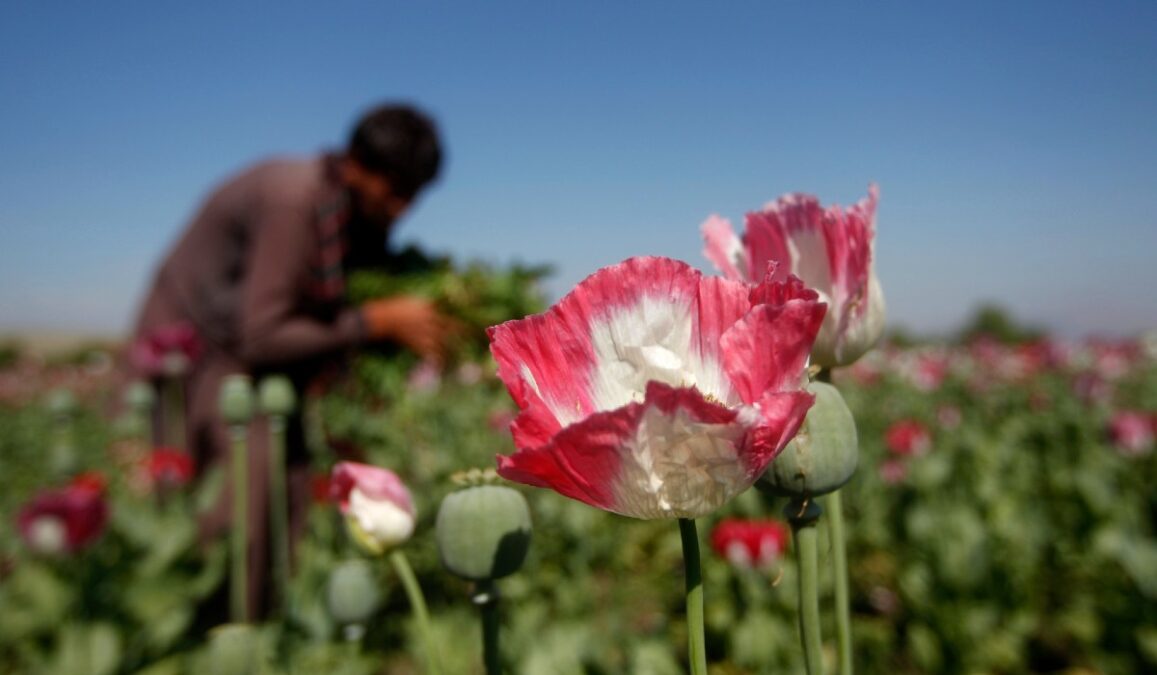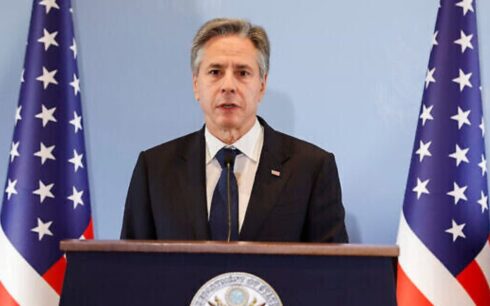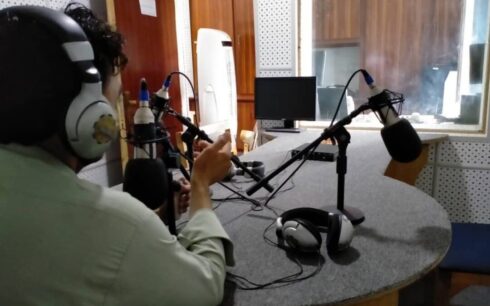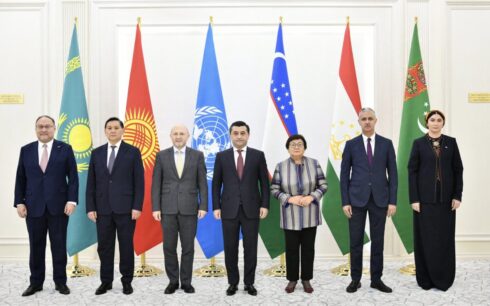KABUL, Afghanistan — Opium cultivation in Afghanistan rose by an estimated 19 percent in 2024, covering 12,800 hectares, according to a report released Wednesday by the United Nations Office on Drugs and Crime (UNODC).
This increase follows a steep 95 percent drop in 2023, when the Taliban imposed a ban that nearly wiped out poppy cultivation across much of the country.
While cultivation has rebounded modestly, it remains significantly below 2022 levels, when 232,000 hectares were under cultivation.
“With opium cultivation still at relatively low levels, we have a unique opportunity to support Afghan farmers in finding sustainable, legal sources of income,” said Ghada Waly, Executive Director of UNODC. “Afghans continue to face severe economic and humanitarian challenges, and viable alternatives are urgently needed.”
The UNODC report also noted a geographic shift in poppy cultivation from Afghanistan’s southwestern provinces — traditionally the center of opium production — to northeastern regions, which accounted for 59 percent of cultivation in 2024. This shift represents a dramatic 381 percent increase in the northeast compared to the previous year.
Meanwhile, dry opium prices have stabilized around $730 per kilogram, a sharp increase from the pre-ban price of $100 per kilogram, creating potential incentives for farmers to defy the ban, particularly in areas beyond traditional cultivation zones.
“This data confirms that opium cultivation has indeed declined, a development that will be welcomed by Afghanistan’s neighbors and the broader region,” said Roza Otunbayeva, Special Representative of the Secretary-General and head of the United Nations Assistance Mission in Afghanistan.
“But we must also recognize that rural Afghan communities have lost a major income source amid many other economic pressures. If we want this transition to be sustainable, these communities urgently need international support,” she added.





